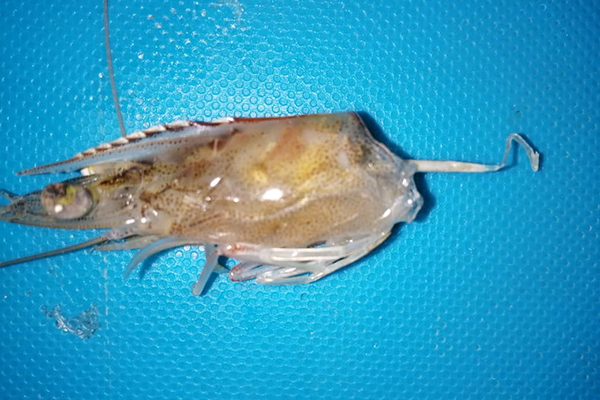
Health & Welfare
Study: White Feces Syndrome in shrimp can be caused by more than one pathogen
An experimental reproduction of White Feces Syndrome demonstrates that Pacific white shrimp can be concurrently infected with two known pathogens.
Health & Welfare
Una reproducción experimental del Síndrome de Heces Blancas demuestra que el camarón blanco del Pacífico puede infectarse simultáneamente con dos patógenos conocidos.

Health & Welfare
An experimental reproduction of White Feces Syndrome demonstrates that Pacific white shrimp can be concurrently infected with two known pathogens.
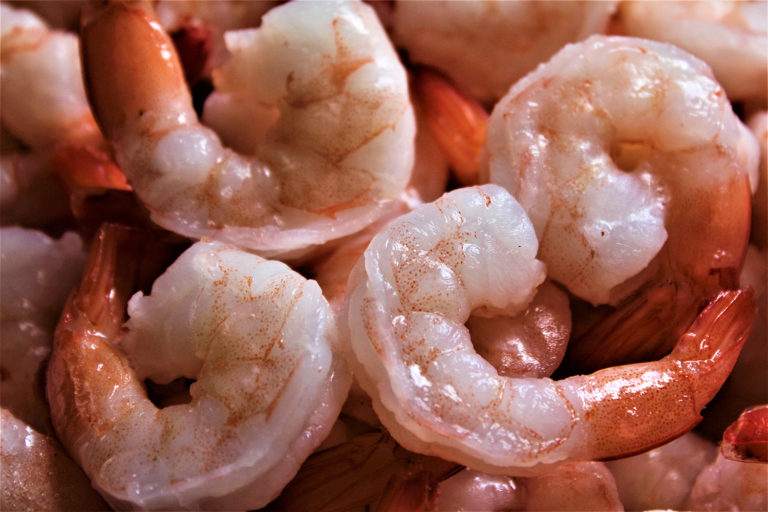
Health & Welfare
Los camarones cocidos exportados infectados con el virus del síndrome de la mancha blanca (WSSV) y con resultado positivo por PCR se consideran un factor de riesgo para la introducción del patógeno.

Health & Welfare
Exported cooked shrimp infected with White Spot Syndrome Virus (WSSV) and tested positive by PCR is considered a risk factor for the introduction of the pathogen.
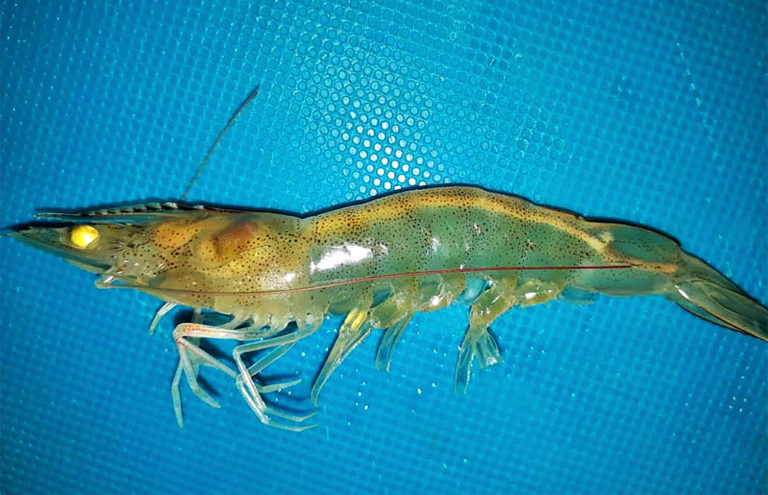
Health & Welfare
Un estudio demuestra una fuerte asociación entre el Síndrome de las Heces Blancas y Enterocytozoon hepatopenaei en regiones endémicas de EHP. Las estrategias de bioseguridad pueden minimizar el riesgo de propagación de patógenos en las Américas.

Health & Welfare
Study demonstrates strong association between White Feces Syndrome and Enterocytozoon hepatopenaei in EHP-endemic regions. Biosecurity strategies can minimize the risk of pathogen’s spread in the Americas.
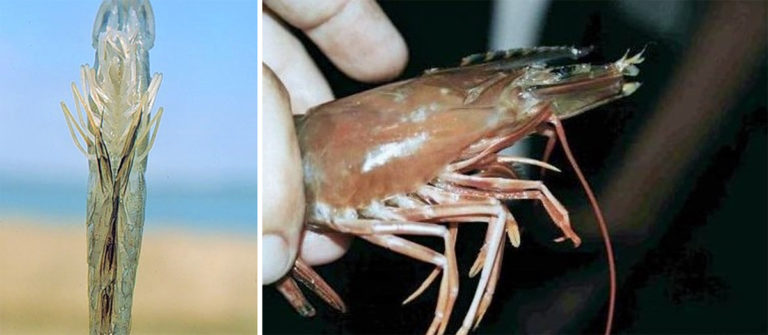
Health & Welfare
Los autores describen los ensayos de PCR convencional y de PCR en tiempo real basados en el gen flgE de NHPB como métodos alternativos para la detección y cuantificación de NHPB en muestras de camarones y asociadas con camarones, incluyendo artemia.

Health & Welfare
Authors describe conventional PCR and real-time PCR assays based on the NHPB flgE gene as alternative methods for the detection and quantification of NHPB in shrimp and shrimp-associated samples, including artemia. This newly described method will be an additional diagnostic tool for confirmation of this pathogen.
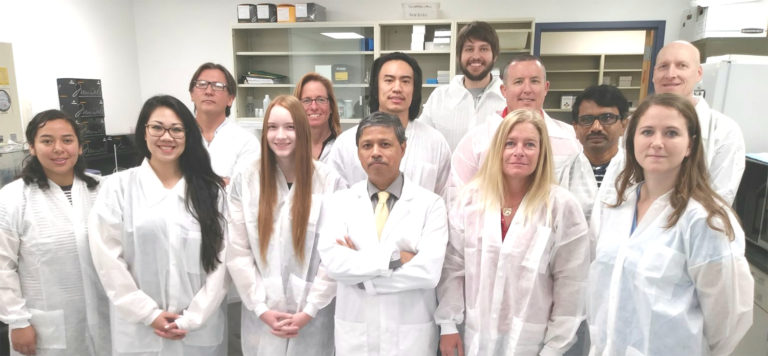
Health & Welfare
El Laboratorio de Patología Acuícola de la Universidad de Arizona ha contribuido significativamente a la expansión de la cría de camarones durante tres décadas.

Health & Welfare
The University of Arizona’s Aquaculture Pathology Laboratory has significantly contributed to the expansion of the shrimp farming for three decades.
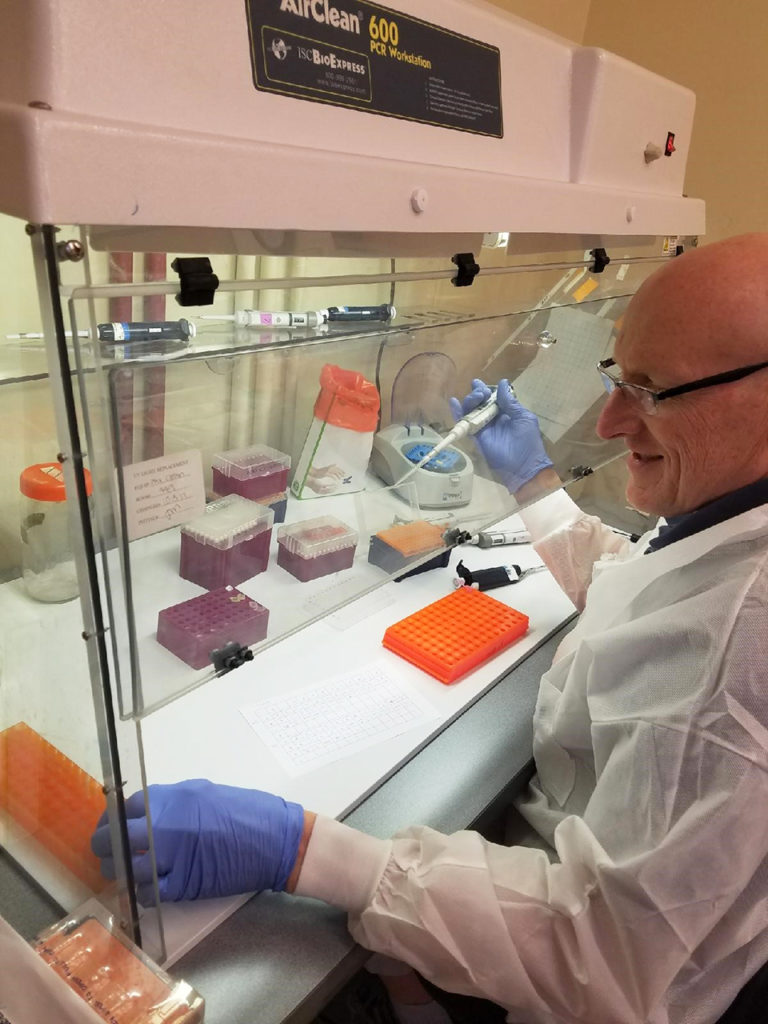
Health & Welfare
The University of Arizona Aquaculture Pathology Laboratory has carried out the Proficiency Test (PT) since 2005, with 300-plus diagnostic laboratories participating while improving their capabilities in the diagnosis of several shrimp pathogens.